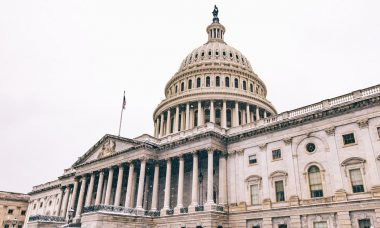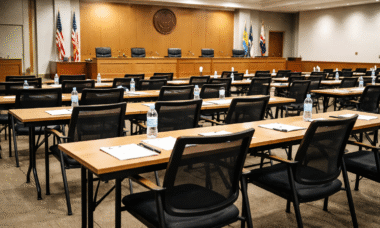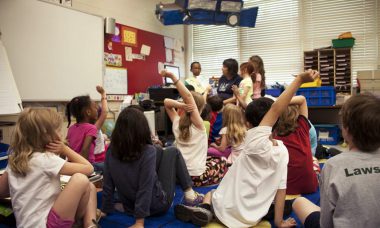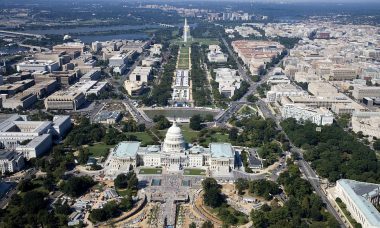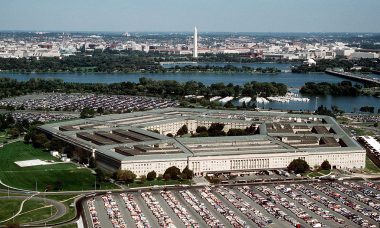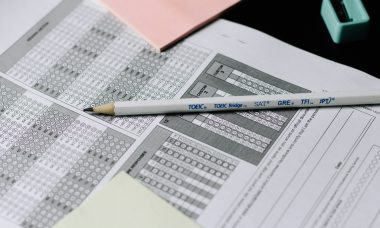A partial government shut down could occur again if the House-passed minibus isn’t approved by the Senate. The U.S. Senate is considering a minibus of six pieces of…
Read MoreGovernment Spending
Everyday-Voices Shaping Extraordinary
In the U.S., federal rulemaking can feel distant, technical, and dominated by experts. But did you know, embedded in the federal process there is a remarkable democratic tool? And it’s called, “Public Comment”.
Read MoreGoverning for the Next Generation
When government policies, federal debt, and long term planning projects span generations, what does it mean for a government to govern for future generations who aren’t yet born?
Read More250 Years of Prayer
For 250 years, prayer has shaped the nation in times of uncertainty, grief, and moral evaluation. As the nation faces the next quarter-millennia, prayer is the cornerstone of hope for the future.
Read MoreManaging Trust in Government
Foundational trust in government matters for the smooth functioning of civic life. Yet data shows that less than 20% of Americans trust the federal government and civic trust has been declining for decades. How can the government restore that trust?
Read MoreAmerica’s National Debt and Inherited Ledgers
Where does all the money go? Who pays the bill? As government spending grows and the cost of debt rises, the question becomes less about charts and more about the kind of future we want to create.
Read MoreShared Stewardships in America’s Environmental Protection
The quality of the air we breathe, the water that flows through our communities, and the forests and fields that define our landscapes are shaped by policies and regulations at every level of government. How should federal, state, and local authorities share responsibility?
Read MoreThe Department of Defense and the Department of War
What difference does a name make? The name of a department might seem like a technicality, but it subtly shapes how we see ourselves as a nation, as in how we define strength, peace, and service. The debate also asks deeper questions about identity and intention: What do we believe power should protect, and whom does it serve?
Read MoreEducation Reform – Part 2: From the Ground Up
After decades of debates about local control and federal involvement, the U.S. education system continues to balance the two competing priorities. What does this mean for students, policymakers, and people of faith?
Read MoreNational Education Reform – Part 1
Who gets to decide what students learn? Should curriculum standards be national or state-led? What happens when local schools fall behind national averages? The balance between federal oversight and local control has already shaped the nation’s classrooms for generations. What does the future have in store for the next generation?
Read More



